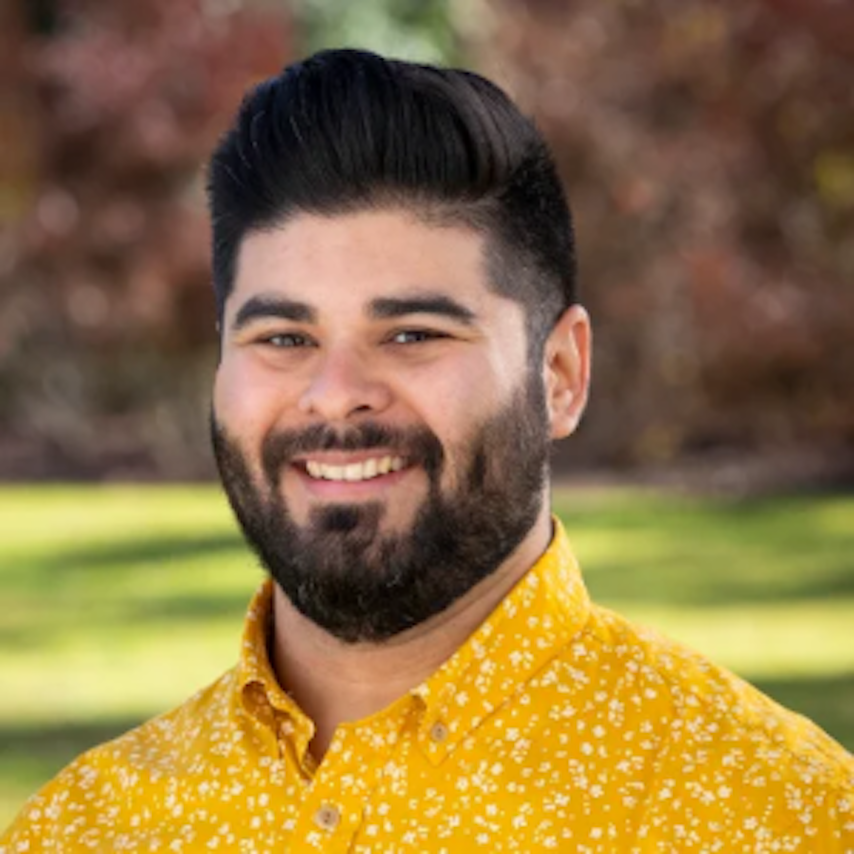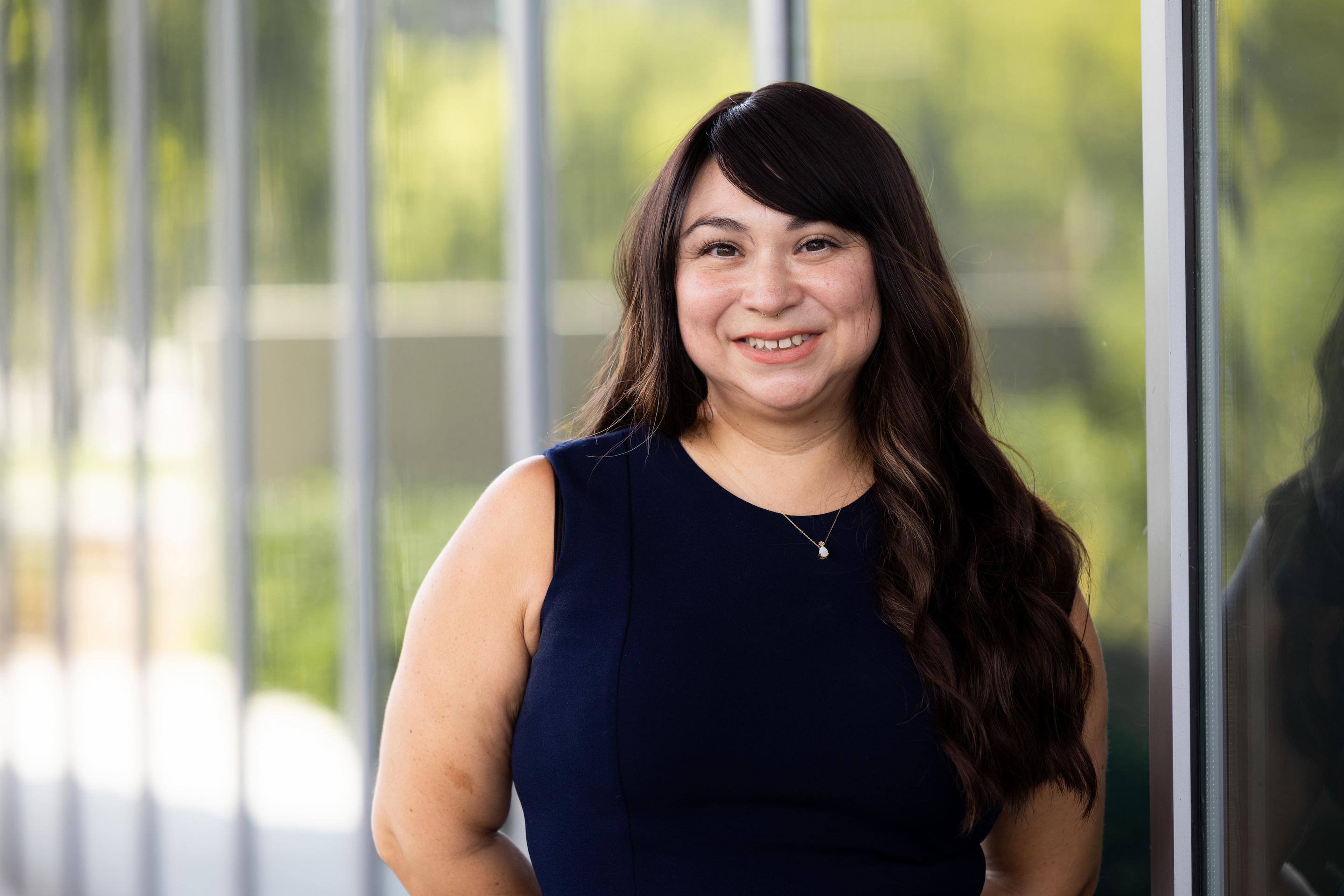Steven Arciniega


Refusing to give up on herself or settle for less, Stacey Ortiz ’23 followed in her older brother’s footsteps, seeing higher education as the path towards a better future.
A first-generation Mexican-American and Mayan daughter of immigrants, Ortiz felt out of place at her public institution, unsure how to navigate campus life or what classes to take. Those challenges sparked a lifelong passion for helping Hispanic students find their sense of belonging in higher education which became the focus of her dissertation, “Advising Personnel Impact on Latinx Student Outcomes: The Moderating Role of Belonging,” in the Doctorate in Leadership for Educational Justice program at University of Redlands. Today, she applies that knowledge as an advisor at California State University, San Bernardino (CSUSB), shaping the educational journeys of countless students.
“In my role as an advisor, I see how students thrive when they feel seen, supported, and understood — similarly, that’s how I felt when I was in their position as an undergraduate,” she said. “When I was going into the doctoral program at Redlands, I recalled my experiences and the difference in how I felt between my Educational Opportunity Program (EOP) counselor, peer mentor, and faculty advisors. I wanted to investigate whether the type of advisor impacted outcomes of Hispanic student success.”

At Redlands, Ortiz found her own sense of belonging through required “regrouping” sessions with fellow doctoral students. She also uncovered research showing that students who met regularly with professional advisors, especially those who shared their cultural background, earned higher GPAs, stayed enrolled, and were more likely to graduate. Turning the experience into actionable impact, she launched the "Doctoral Studies Homeroom,” a monthly virtual gathering that brings students, faculty, and mentors together for connection, encouragement, and support.
"When it comes to the virtual homeroom, I always think about the Mexican TV show, 'El Chavo del Ocho,' where students from different backgrounds united at school,” she said. "That's the kind of thing I wanted — everybody has different lives, but at school they're one, they’re students, growing and learning from and with each other."
The homeroom concept has become a lifeline for students in CSUSB’s hybrid doctoral program, where classes meet on Fridays and Saturdays, making traditional office hours challenging. Through this initiative, Ortiz has helped numerous "extender" students—those beyond the three-year program timeline — reconnect and complete their degrees. One student who had been enrolled for over seven years recently graduated after Ortiz provided weekly check-ins and personalized support.
"Belonging isn't just about having access," she said. "You can be here and still feel like you don't belong. It's about meaningful integration and tailored support."
Her work exemplifies University of Redlands' commitment to educational justice, ensuring that equity is not passive, but intentional. By digitizing resources, creating virtual homerooms that serve as spaces for connection, and providing culturally responsive advising, Ortiz demonstrates how Redlands’ graduates are reshaping higher education.
"True equity is meeting students where they are and not expecting them to assimilate," she said. “Don’t underestimate the power of your story.”
